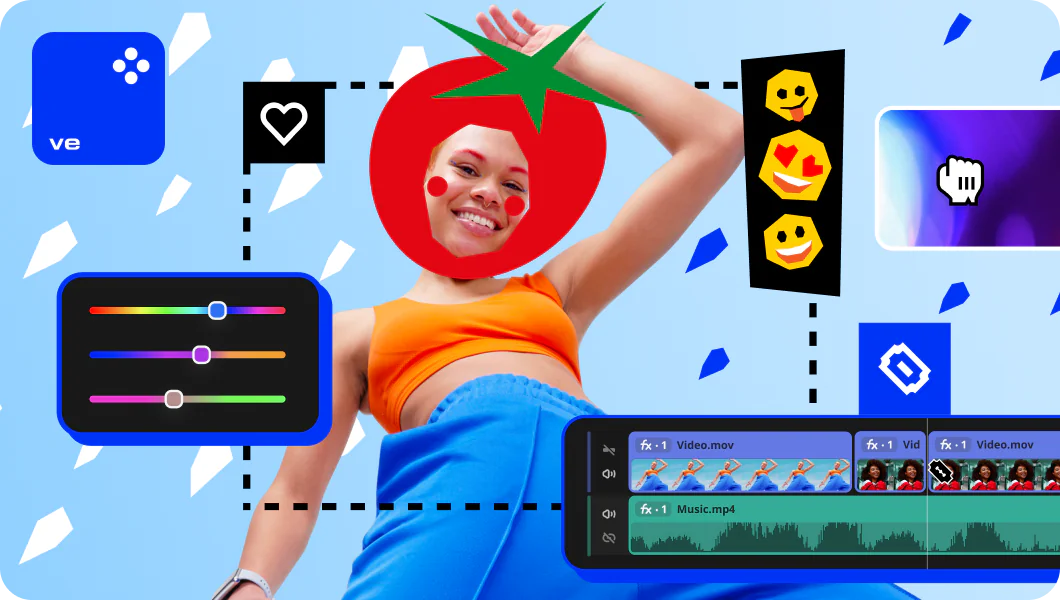A video editor is responsible for assembling recorded raw material into a finished product suitable for broadcasting. This includes selecting and editing the best cuts and combining them with graphics, music, dialogue, and other elements to create a cohesive product.
Video editors commonly work in post-production with directors, producers, and other creative members of the film industry to produce videos for commercials, TV shows, movies, web series, and more.
However, video editors are now in high demand throughout the digital media industry to create quick IG reels and TikTok videos or edit podcasts and webinars.
But it's not as simple as it sounds. Editing videos professionally is much different than making a few small tweaks to your vacation Go-Pro footage or a YouTube clip. Take, for example, the task of a video editor on a reality TV show: they have to look through numerous hours of footage from four or five cameras just to craft one 20-minute episode.
Usually, video editing takes place in an office setting, but in recent years, most editors are working remotely from their homes. Unless you're at an advanced level of editing where you become more involved in the production and directing roles, it’s unlikely you'll be spending time on set.
As a growing niche in the media industry, the demand for video editors is rising. In fact, according to the Bureau of Labor, the average annual salary of a video editor in the US was $62,680 in 2021. However, your actual income will depend on a variety of factors such as experience level, location, and type of video editing job you have.
If you’re working freelance or as an independent contractor, you may be able to charge more than if you were employed directly by a production company or studio. Some video editors specialize in certain types of projects, like commercials or music videos, which can command higher rates than other types of projects.
In contrast, the pay of YouTube video editors depends on how popular the target channel is. Some YouTubers make much more money than some film producers like, for example, MrBeast, who made over $50 million in 2021 alone. To keep up with the demands for high quality content, YouTubers with growing channels look for video editors who’ll take on the more time-consuming process of editing so they can focus more on the creative aspect of content making for their channel.


